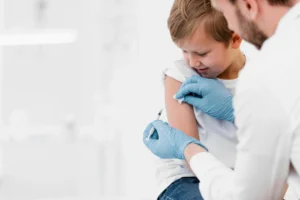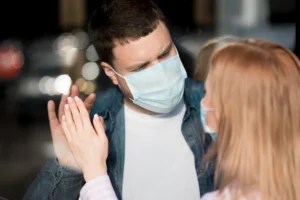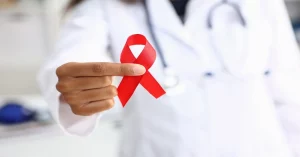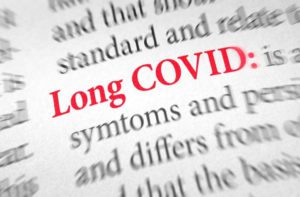
COVID, Flu, and RSV Vaccine: Can my child get all shots at the same visit?
As a parent, you want to make sure your child is well-protected, especially during cold and flu season. Here’s all you need to know about getting the COVID, flu, and RSV vaccine in one visit. What is the flu? The flu, or influenza, is a highly contagious viral infection that





















































